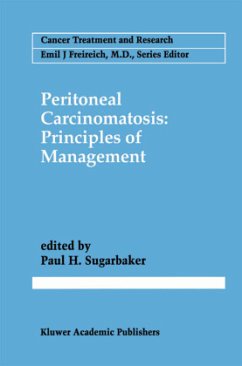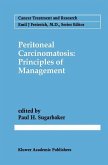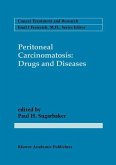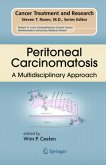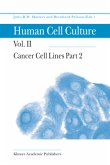Paul Sugarbaker and his colleagues have persevered in the study and treat ment of peritoneal carcinomatosis. The peritoneal cavity has many unique and incompletely appreciated properties. These properties, coupled with the biologic behavior of many cancers, results in the seeding and growth of these cancers on the peritoneum. Many of these cancers remain localized to the peritoneum only, never metastasizing to other sites. One possible reason for this may be the obstruction of the afferent lymphatics on the undersurface of the diaphragm. The mucopolysaccharides produced by many of these neoplasma are probably viscous enough to obstruct these lymphatics, leading to the syndrome of pseudomyxoma peritonei. Many of the neoplasms taking residence on the peritoneum have extremely long cell-cycle times and are resistant to radiotherapy and many chemotherapeutic agents. How ever, much can be done for these patients - resection of primary cancers, omentectomies to reduce ascites formation, management of recurrent ascites, management of intestinal obstruction, nutritional care, and, hopefully, intraperitoneal chemotherapy. We have reviewed many of these problems in the past [1-7]. Dr. Sugarbaker and his colleagues have organized the current state of knowledge and technology for continuing use. The book provides a basis for thoughtful, prospective research planning. John S. Spratt, M. D. , F. A. C. S. Professor of Surgery The James Graham Brown Cancer Center University of Louisville Louisville, Kentucky References 1. Long RTL, Spratt JS, Dowling E.

